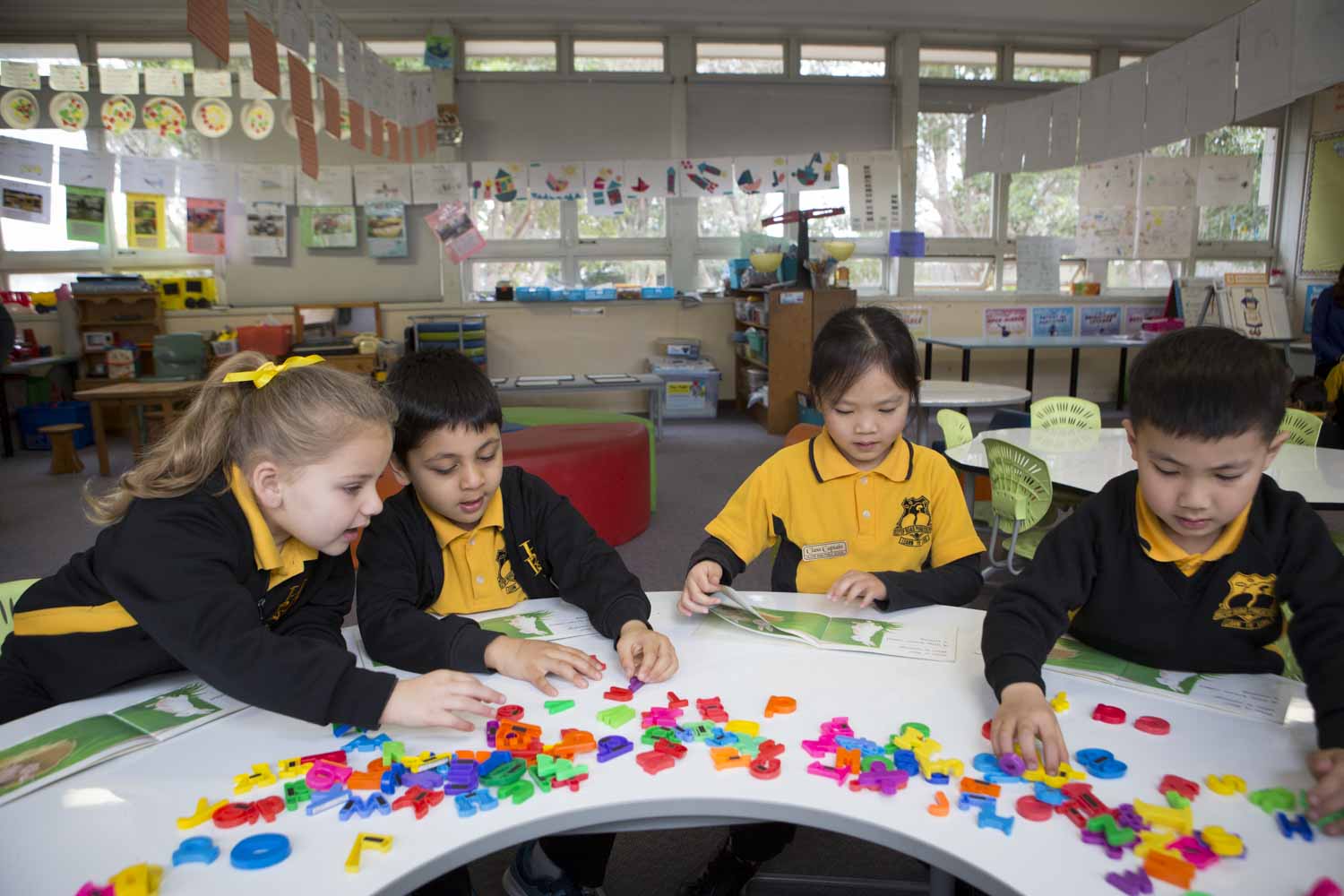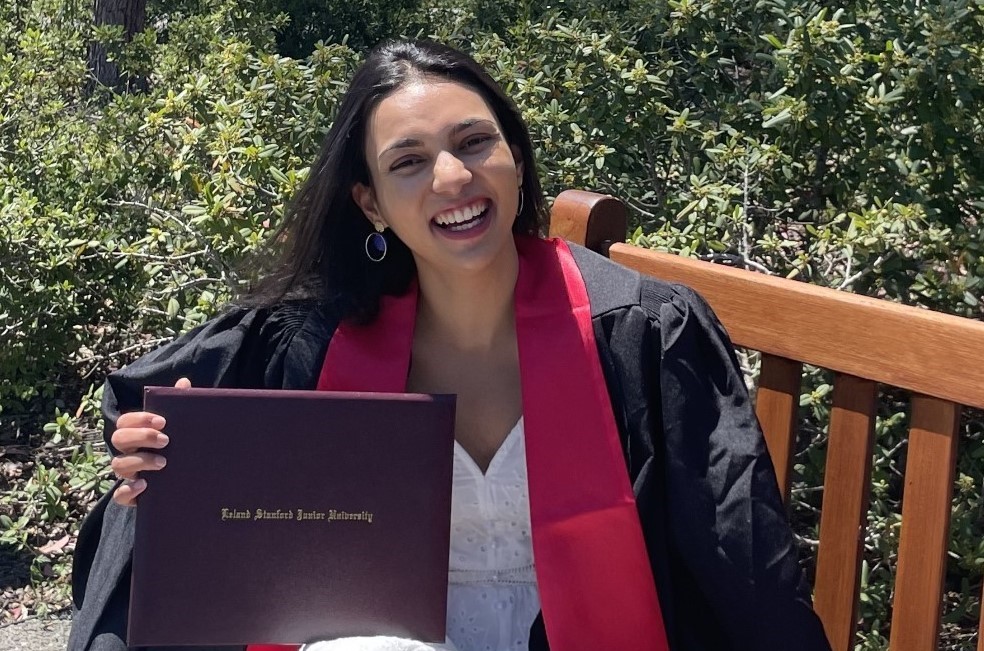Fair Education
The Fair Education Program was developed as a joint initiative of the VFFF Board and Fairfax family arising from a shared motivation to make a catalytic contribution towards educational equity in NSW.
In September 2015, VFFF Directors approved the Fair Education Program as VFFF’s largest single investment to date – a $5.2M grant to Australian Schools Plus for a multi-year schools funding and coaching program. The Program has two key elements:
- Multi-year project funding for individual schools or school clusters, chosen via a competitive application process, to deliver a project focused on enhancing family and community engagement in student learning. The Program provides up to $70,000 over three years for individual schools or $250,000 over three years for school clusters.
- Coaching to school leadership teams each term throughout the project by the Schools Plus Fair Education coaching team. This coaching focuses on building strategic leadership capability and providing support to schools to successfully deliver long-term projects that improve family and community engagement.
To date, Fair Education has supported 110 schools across NSW. With additional funding from The Bryan Foundation, Tim Fairfax Family Foundation, RE Ross Trust and Ian Potter Foundation, Fair Ed has now expanded to Queensland and Victoria, expanding its national footprint to over 150 schools.
An independent evaluation by Victoria University has informed program delivery, identifying program strengths and improvement opportunities.
In 2019 VFFF Directors approved funding towards two more NSW school cohorts, from 2020 to 2024. This represents a total Fair Ed investment of over $11M.

Fair Education Goal:
School leaders in low socio-economic areas are more effective at engaging families and communities in student learning.
Fair Education Outcomes:
- School leadership teams have the capacity and motivation to drive an outward looking school culture that generates new understandings of how families and communities can be engaged to improve student learning outcomes.
- Schools collaborate to improve families’ and communities’ willingness, capacity and opportunity to support students’ learning in and out of school.
- Schools use the collective voice of Fair Education to influence systems and practice in the area of family and community engagement at a national and international level.
- The pipeline of future school leaders' value and have the capacity to engage families and communities.
"One unique feature of Fair Education that makes it successful, as noted by most school leaders, is its flexibility. The schools have been able to make a local decision to address a specific issue, with the aid of additional funding and coaching support. Schools can use their creativity to identify and develop a project that fits their own specific context and addresses their own needs."


